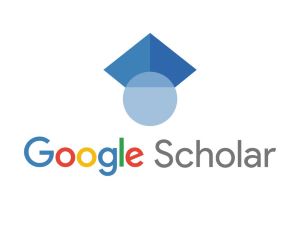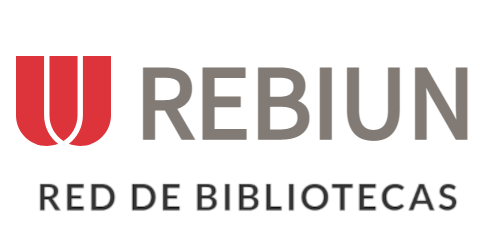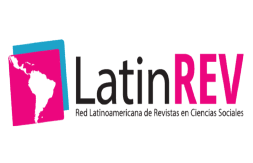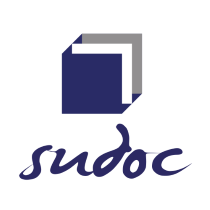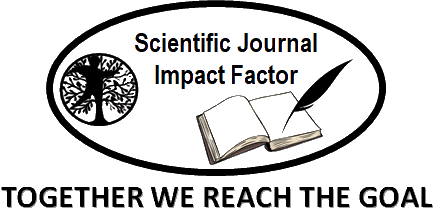The Eclectic Approach application: A review study of English teaching experiences
DOI:
https://doi.org/10.69639/arandu.v12i1.777Palabras clave:
methods, eclectic approach, experiences, english teachingResumen
This article aimed at providing a review study of English teaching experiences where the eclectic approach could be used to support language teaching. The analytical-synthetic, inductive-deductive and hermeneutic-dialectical methods are used for the analysis and interpretation of the data processed, derived from the bibliography consulted and pedagogical experiences in this field. The document study method and a registration instrument were also used for the review study of English teaching experiences. English teaching experiences were selected from a group of 21 professors that attended the Masters´ Degree Program Pedagogy of English as a Foreign Language at the University of Ecuador (UBE) since 2022, they were all members of Group 1. From 72 practical tasks developed in the course Second Language Acquisition, 21 were selected from Unit 1, dealing with methods, approaches and techniques in Foreign Language Teaching (FLT). They were selected for the review study using some inclusion criteria and coded into the methods integration dimension, the language skills integration dimension and the didactic dimension. The indicators permitted to verify quantity of methods integrated in the classrooms, integration of linguistic skills, and didactic planning. The review study showed the tendencies to integrate several methods as a way to use an eclectic approach. It also provided useful information for participants regarding the application of the eclectic approach in English language teaching. The study contributes to highlight positive learning outcomes with the use of the eclectic approach to be considered in future research.
Descargas
Citas
ASHER, J. (1977b) Children learning another language: a developmental hypothesis. Child Development 48: 1040-1048.
Al-Hamash, I. Khalil & Younis Hamdi. (1985). Principles and Techniques of Teaching English as a Second Language. Baghdad: Al-Shaaab Press.
Al-Khasawneh, F. (2021). A systematic review of the eclectic approach application in language teaching. King Khalid University, Abha, Saudi Arabia.
https://www.emerald.com/insight/2634-243X.htm
Brown, H. (2002). “English language teaching in the‘post-method’ era: toward better diagnosis, treatment, and assessment”, in Richards, J. and Renandya, W. (Eds), Methodology in LanguageTeaching: An Anthology of Current Practice, Cambridge Professional Learning, Cambridge University Press, Cambridge, pp. 9-18, doi:10.1017/CBO9780511667190.003
Brumfit, Ch. (1984) Communicative Methodology in Language Teaching. Cambridge: Cambridge University Press.
Chernus, N et al. ( 2022). “The Eclectic Approach to Learning English”. Eurasian Journal of Applied Linguistics, 8(2) (2022) 24-32
GottberG De NoGuera, E. et al. (2012). “El aprendizaje visto desde la perspectiva ecléctica de Robert Gagné y el uso de las nuevas tecnologías en Educación Superior”. Universidades UDUAL, México, n. 53, abril-junio 2012, pp. 50-56. ISSN 0041-8935
Jimenez, M (2022). Second Language Acquisition. Syllabus Published for the Master´s Degree Program Pedagogy of English as a Foreign Language, UBE, Ecuador
Krashen, S. (1981) Second Language Acquisition and Second Language Learning. Oxford: Pergamon Press. Print Edition ISBN 0-08-028628-3
Kumar, C. P. (2013). “The Eclectic Method: Theory and Its Application to the Learning of English”. International Journal of Scientific and Research Publications, 3(6):ISSN 2250-3553. Available at: http://www.ijsrp.org/research-paper-0613/ijsrp-p1844.pdf
Morrison, G (1997). Teaching in America. University of North Texas. USA
Nunan, D (1991).Language Teaching Methodology. Prentice Hall International , English Language teaching
Skinner, BE (1953). Science and human behavior. New York: Macmillan
Triglia, A. (2024). “La teoría del Aprendizaje Social de Albert Bandura”. Artículo Available online at www.ejal.info
Weidemann, A. (2001). “The old and the new: reconsidering eclecticism in language teaching”, PerLinguam, Vol. 17 No. 1, pp. 1-13, doi: 10.5785/17-1-131
Publicado
Cómo citar
Número
Sección
Licencia
Derechos de autor 2025 Josué Bonilla Tenesaca, Diana Egas Herrera, Johnny Campoverde López

Esta obra está bajo una licencia internacional Creative Commons Atribución 4.0.









